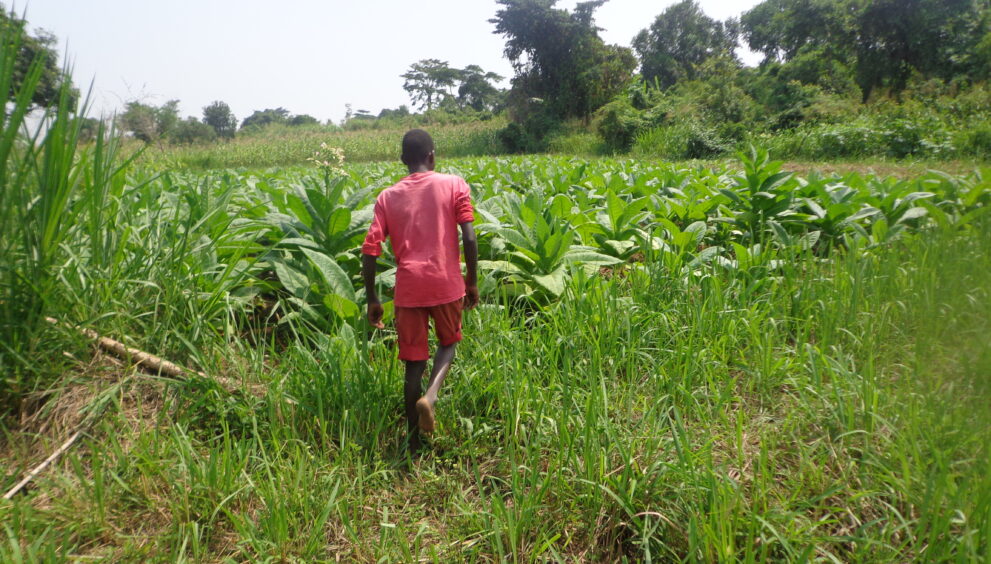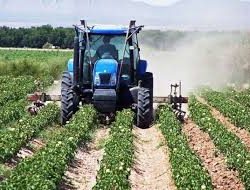NAIROBI — The agricultural supply chains that feed global demand for coffee, cocoa, and tea are confronting a deepening crisis: a reliance on child labor that threatens long-term production stability and corporate accountability. A new report by the International Labour Organization (ILO) and UNICEF estimates that over 92 million children in Africa are engaged in child labor, representing more than half of the global total.
The issue is concentrated heavily in farming. Approximately 70% of child laborers worldwide work in agriculture, a figure that surges to an estimated 85% in sub-Saharan Africa, where over 61 million children are involved. These children, some as young as five, often face hazardous conditions, handling sharp tools, pesticides, and heavy loads for little to no pay.
This widespread practice is not a byproduct of industrialization but of economic desperation. Poverty, seasonal labor demands, and a lack of accessible schooling compel families to pull children out of classrooms and into the fields. This creates a self-perpetuating cycle where a child’s future potential is sacrificed for immediate family survival, ensuring a continuation of intergenerational poverty.
Corporate and Country-Specific Risks
The scale of the crisis has escalated in key agricultural producers. In Uganda, child labor more than doubled over five years to a staggering 6.2 million children in 2021, with coffee-growing regions accounting for a significant portion of the surge. This trend highlights the fragility of labor pools tied to market-driven harvests.
Similarly, in the world’s largest cocoa producers, Côte d’Ivoire and Ghana, some 1.48 million children are involved in hazardous cocoa farming, tasks that are often linked to major global chocolate manufacturers.
The market implications are substantial. Consumers and regulators in key import markets are increasingly demanding ethical sourcing, placing reputational and financial risk on corporations that fail to ensure transparency within their supply chains. The global supply of commodities like Ugandan coffee, Kenyan tea, and West African cocoa, which stock shelves and fill cups worldwide, is inextricably linked to these labor practices.
Policy and Market-Based Solutions
Addressing the problem requires a multifaceted approach that combines social policy with corporate and market accountability. Experts and aid organizations are promoting solutions that include:
- Strengthening social safety nets: Providing financial support to families can reduce their economic dependence on child labor.
- Investing in rural education: Making schools accessible and relevant, even during harvest seasons, provides a viable alternative to field work.
- Enhancing supply chain transparency: Mandating that corporations purchasing these commodities conduct due diligence and are held responsible for labor conditions throughout their value chain.
Initiatives like the UN-led CLEAR Supply Chains Project in Uganda’s coffee sector and the ACCEL Africa Initiative in Kenya’s tea and coffee industries demonstrate that solutions exist. These programs pair policy reform with community-level education and monitoring, proving that with targeted intervention, child labor numbers can be reduced.
For corporations, the choice is clear: proactive investment in sustainable and ethical sourcing can mitigate both reputational damage and supply disruptions. For consumers, the power lies in demanding transparency and supporting certified, ethically sourced products. The cost of inaction is not just a moral failure but a business risk that Africa and its global partners can no longer afford to ignore. Sources




